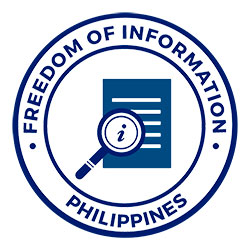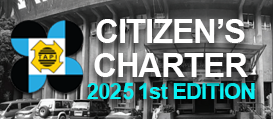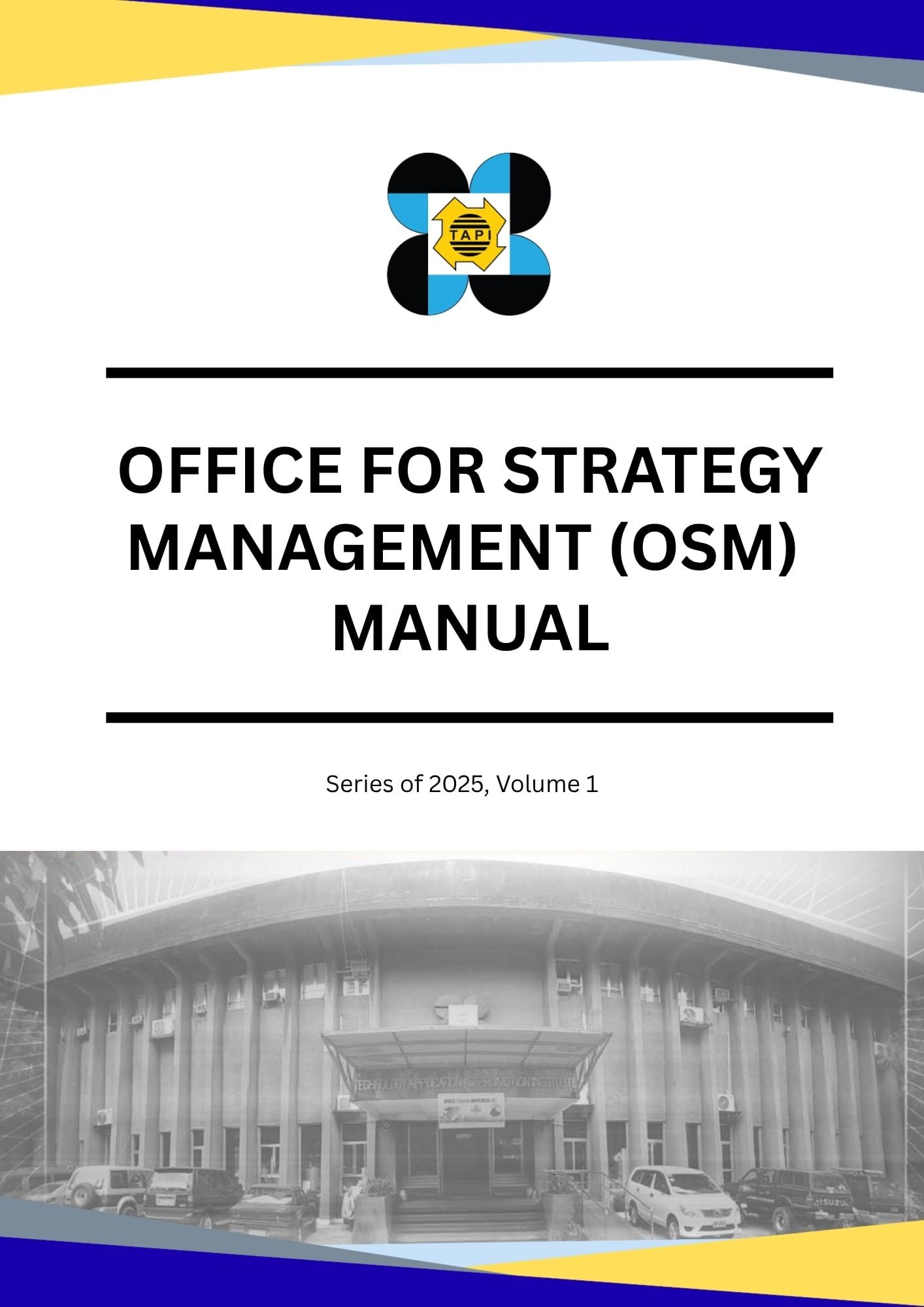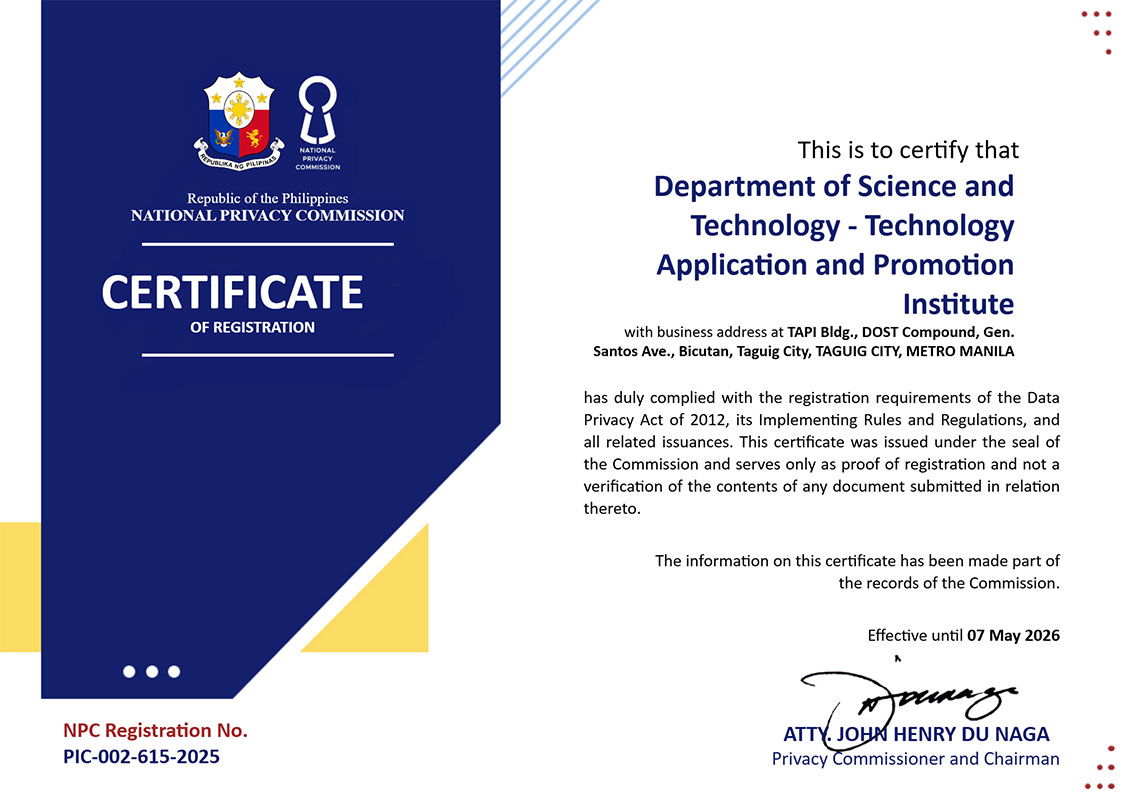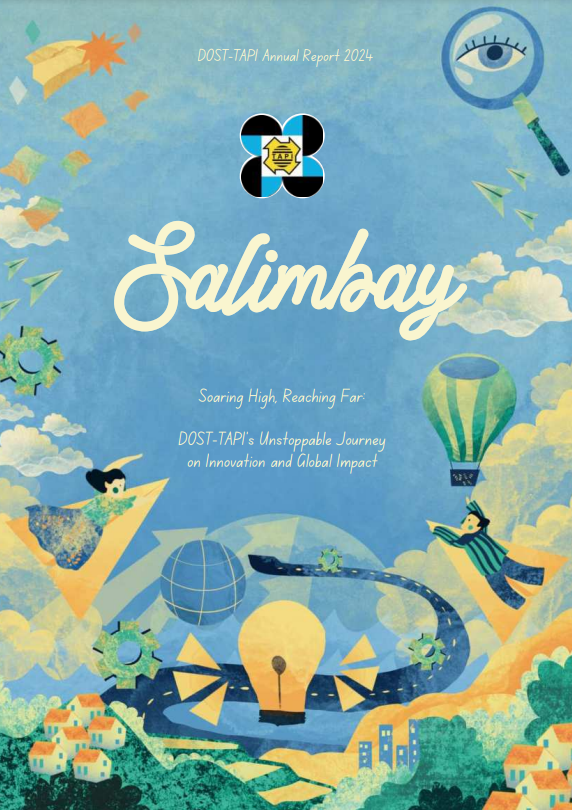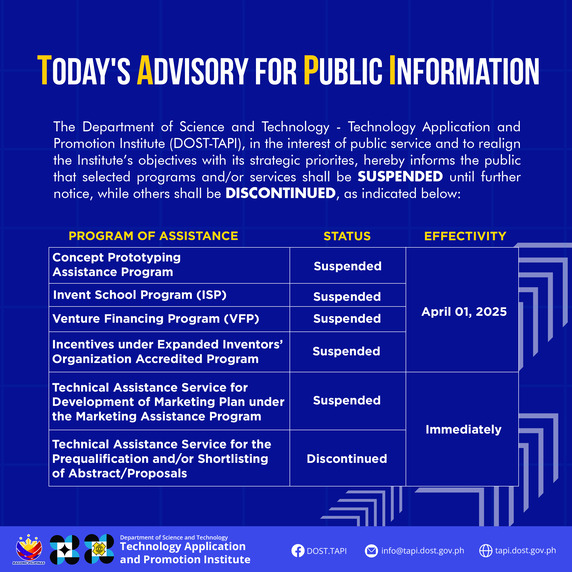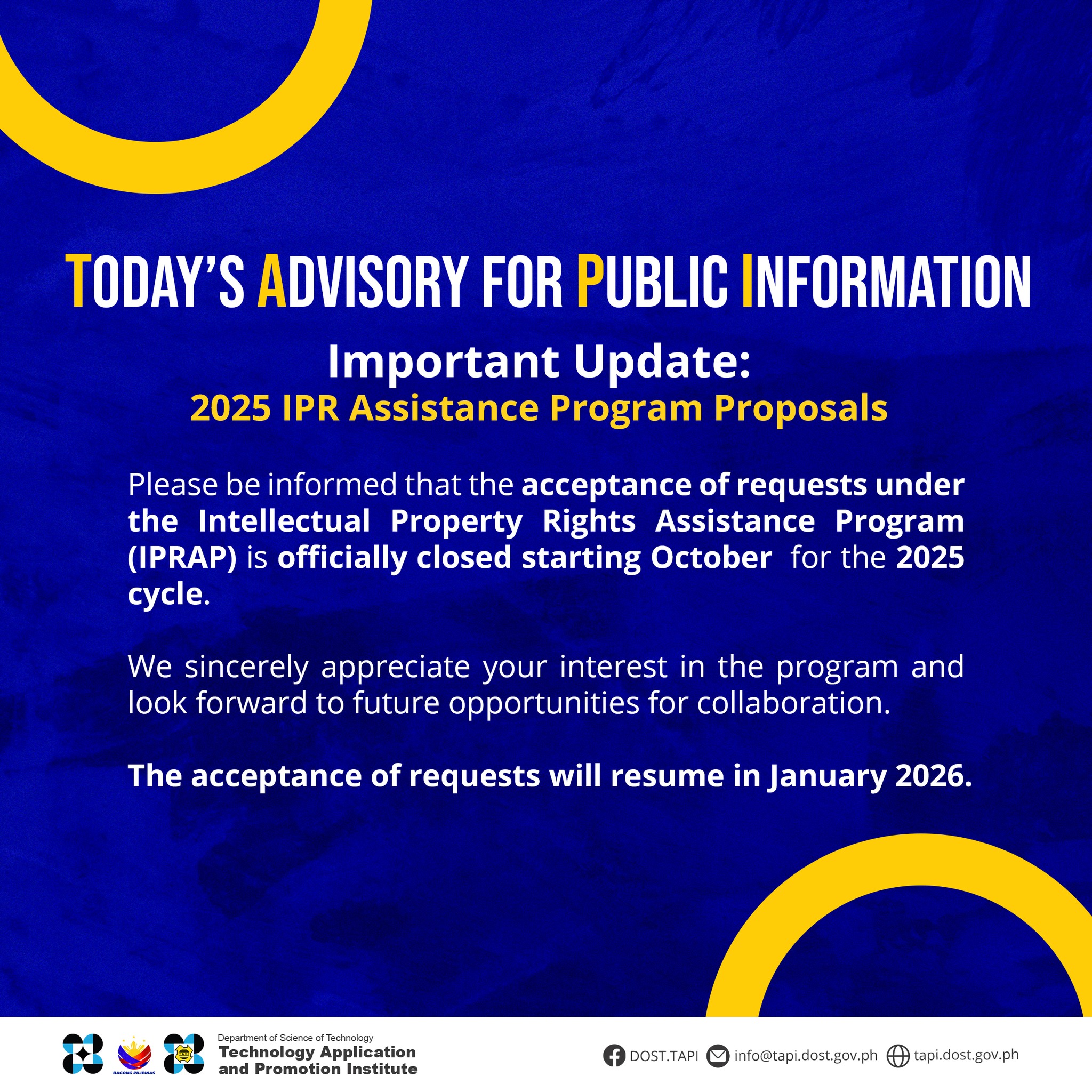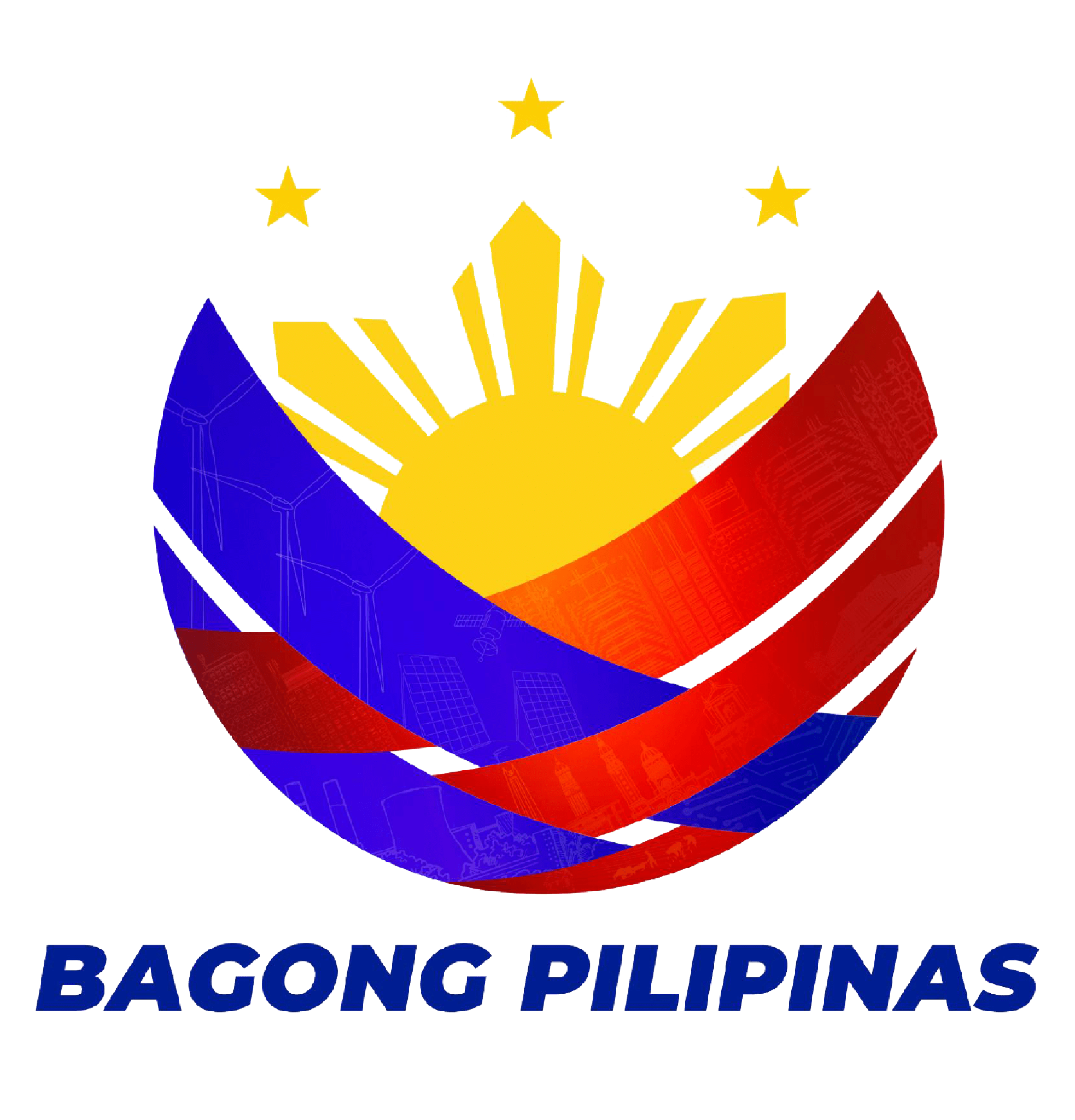- Details
By Carmela Isabelle P. Disilio
The Technology Application and Promotion Institute (DOST-TAPI) will lead a delegation of promising Filipino female inventors at the upcoming Korea International Women's Invention Exposition (KIWIE) to be held from June 20-22, 2024. KIWIE aims to promote outstanding inventions developed by women, facilitating their distribution and commercialization on a global scale.
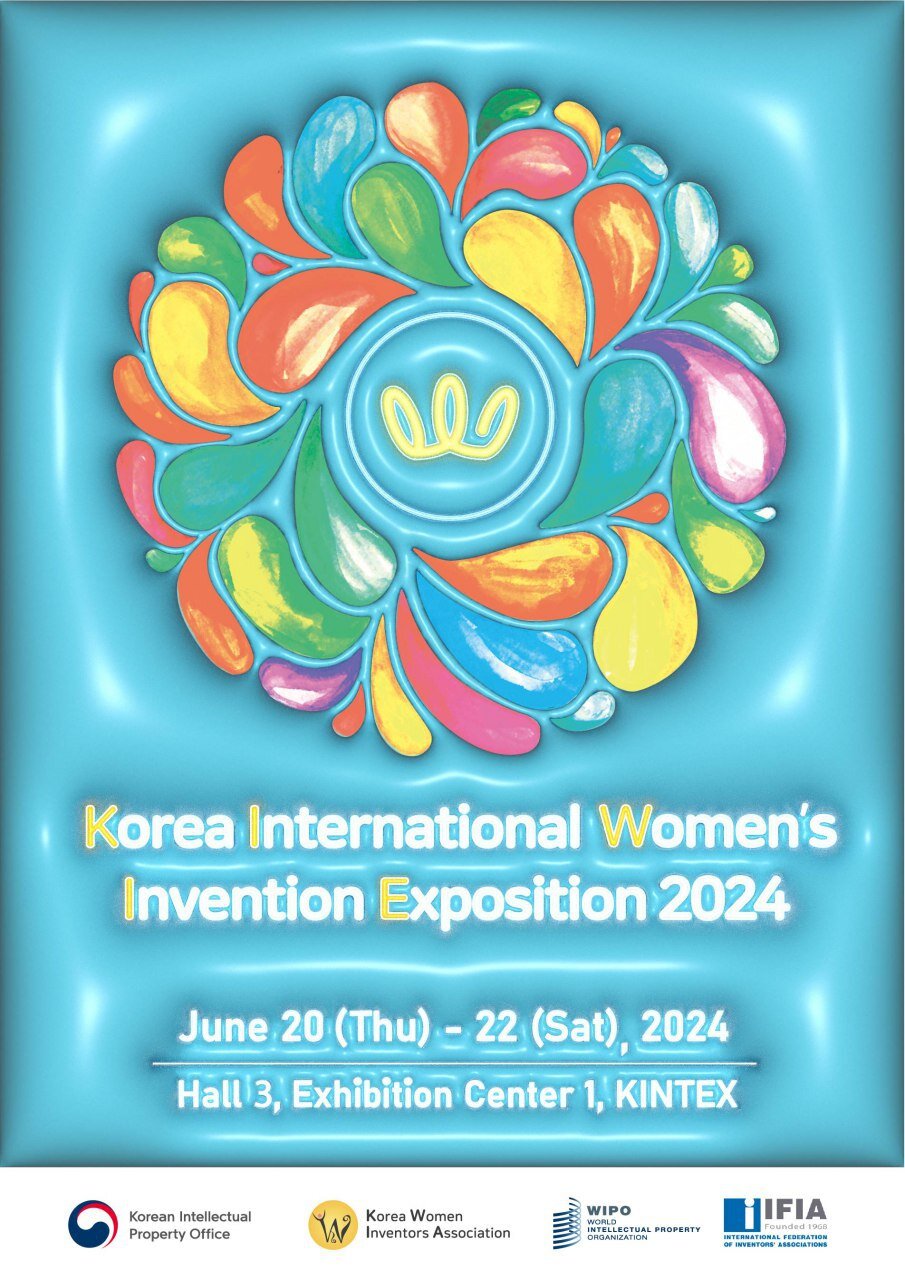
Korea International Women's Invention Exposition Official Event Poster. Photo retrieved from the International Federation of Inventors' Association's Website (Link: https://www.ifia.com/kiwie-korea/)
Organized by the Korea Women Inventors Association (KWIA), KIWIE is a hybrid event that will feature both onsite and virtual exhibitions, showcasing groundbreaking innovations developed by women across the world, and encouraging more women to engage in invention activities.
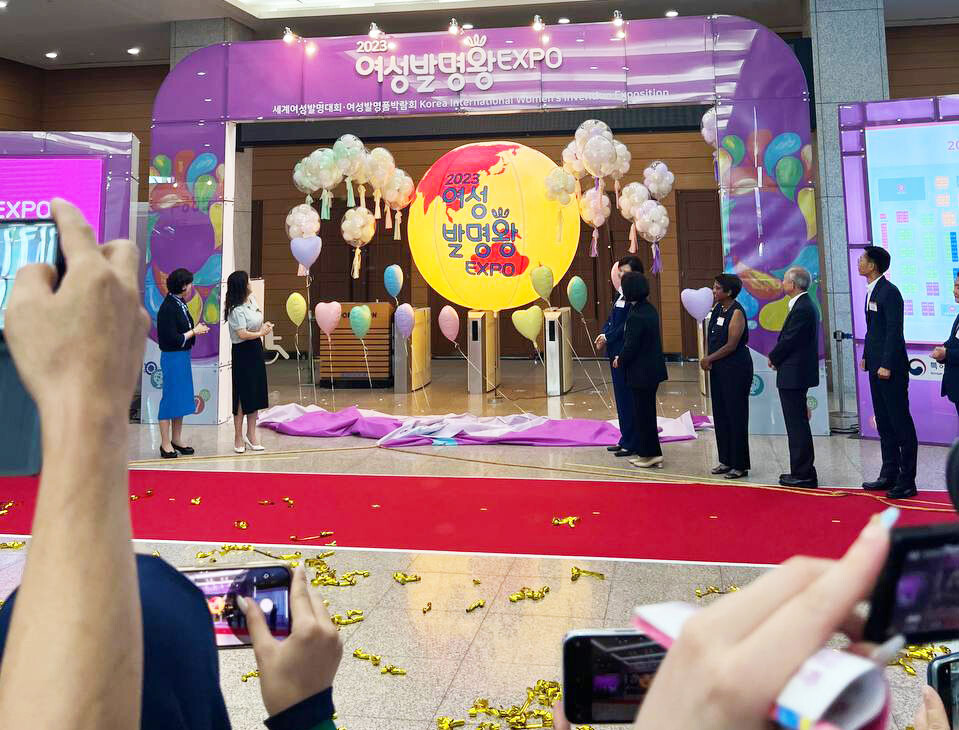
Opening Ceremony - Korea International Women's Invention Exposition (KIWIE 2023). Photo retrieved from Photo retrieved from the International Federation of Inventors' Association's Website (Link: https://www.ifia.com/kiwie-2023-goyang-kintex-republic-of-korea/)
DOST-TAPI eyes KIWIE 2024 as an opportune avenue to highlight and uplift the place of local female inventors in science, technology and innovation (STI) following its successful feat in the 49th International Exhibition of Inventions Geneva last April 17-21, 2024.
READ: Filipino inventions win awards in int'l Geneva exhibition tilt
The Institute will represent nine entries composed of patents, utility models, and industrial designs from local female inventors namely Eleanor Olegario, Ma. Dolores Cynthia Zarate, Julienne Stephanie Agapin, Joycee France D. Usero, Mariecel A. Fuentes, Rowena Faith Sucalit, and Ma. Monette Dela Rosa Tugay.
These transformational innovations span various fields including agriculture, healthcare, food manufacturing, and technology exemplifying the ingenuity and problem-solving capabilities of Filipino women, addressing both local and global challenges.
“The Institute’s participation in KIWIE is part of our continuous commitment in supporting and promoting homegrown inventions, and exploring potential global collaborations. This time, we want to give a special focus on our female inventors and amplify their growing prominence in STEM, which is traditionally perceived as a male-dominated field,” said DOST-TAPI Director, Atty. Marion Ivy D. Decena.
This engagement is part of a broader strategy to encourage innovation, drive economic growth, and foster a supportive ecosystem for inventors and entrepreneurs in the Philippines.
- Details
By Rizalniño Noble
Taguig City - Local tech giant Lenovo and the Unilab Foundation, Inc. have joined forces to donate essential supplies and resources to the Invent School™ Program and 2024 National Invention Contests and Exhibits (NICE).
Lenovo donated laptops for the continued implementation and operations of the Invent School™ Program and the 2024 NICE, as well as additional prizes to be given to select winners of the 2024 NICE.
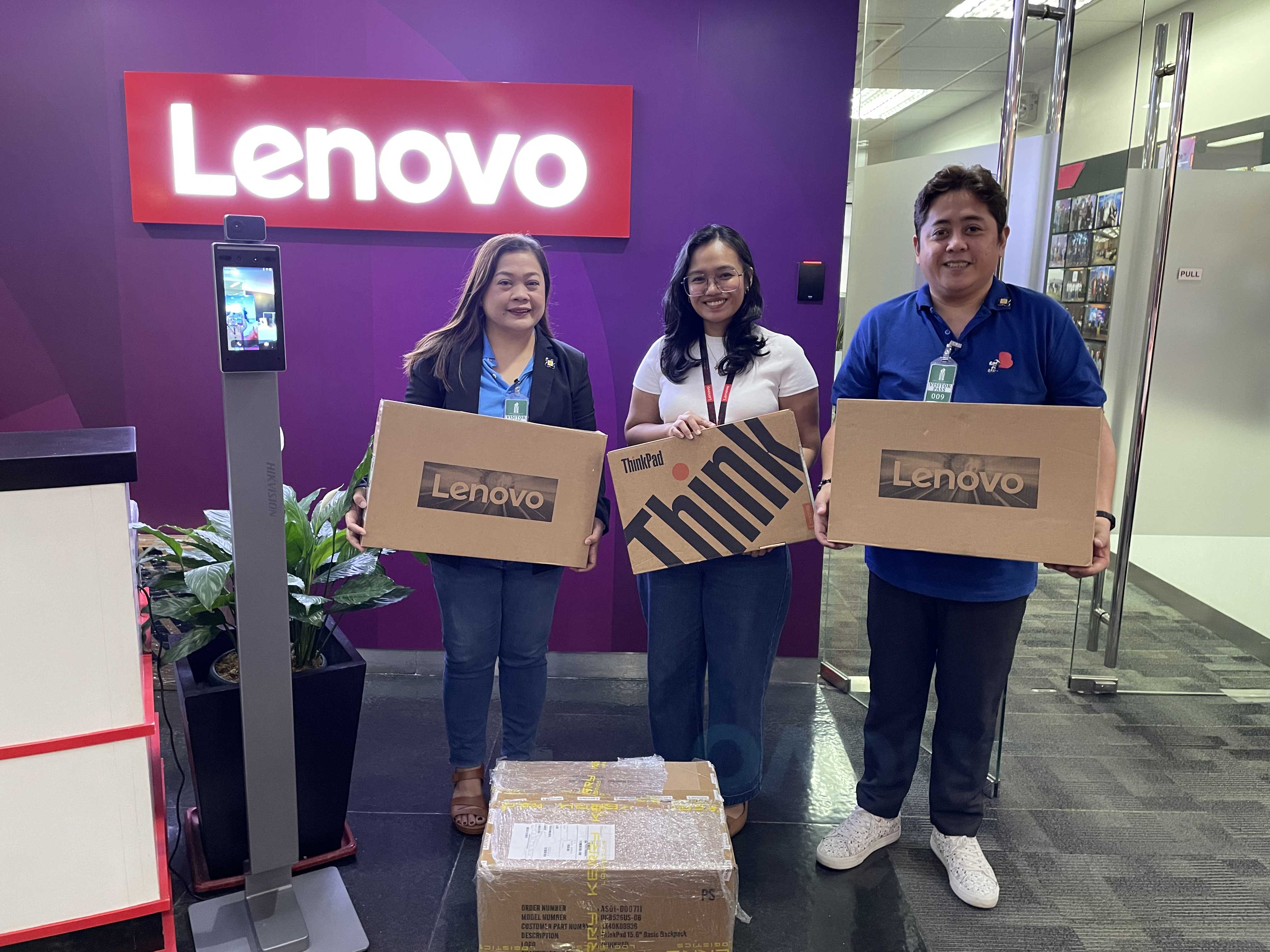
Unilab Foundation, Inc. donated school supplies to be used during the conduct of the Invent School™ Program and pledged to donate products for the 2024 NICE.
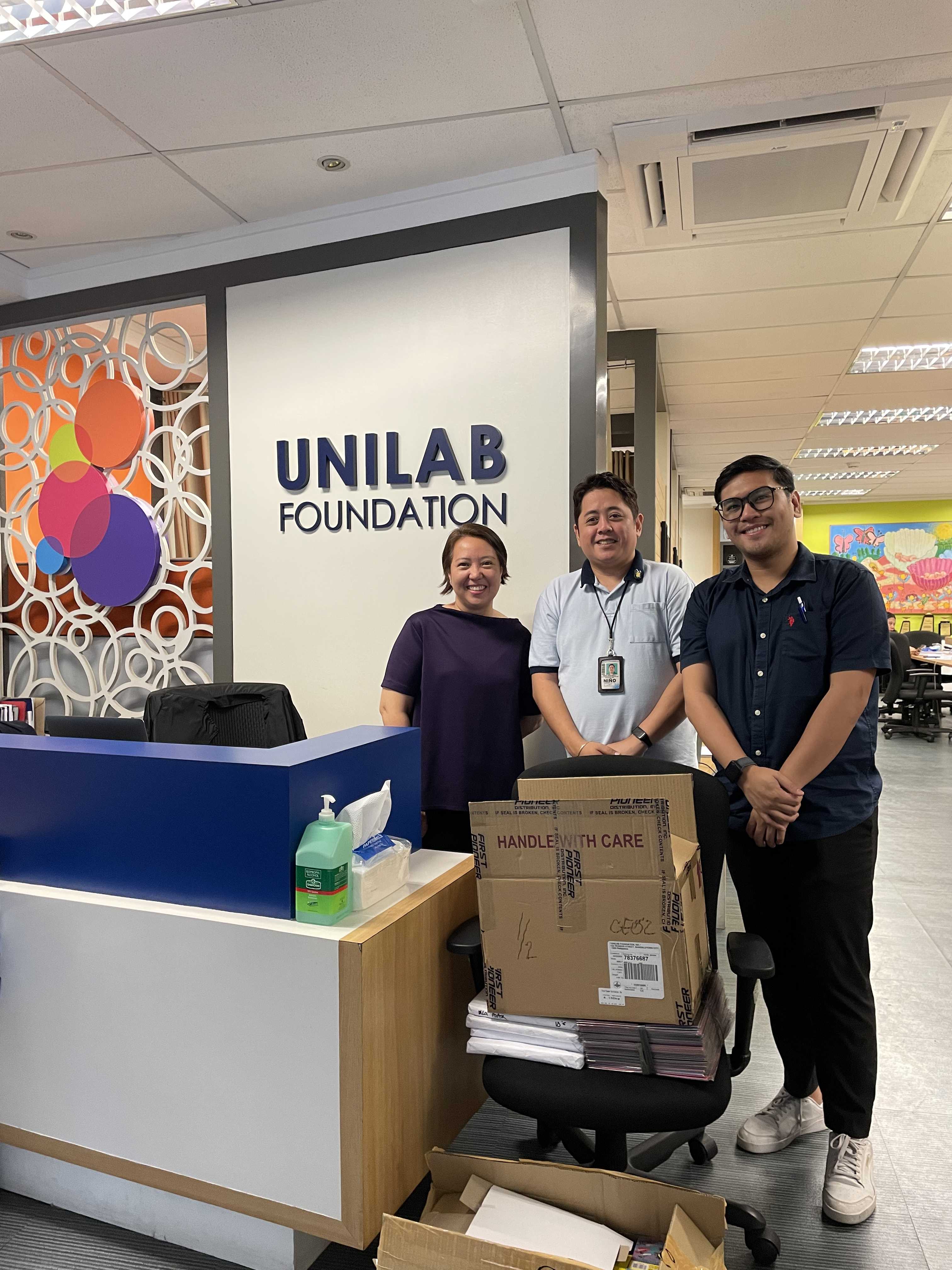
This act of generosity from Lenovo and Unilab Foundation was made possible through the certification of the National Economic and Development Authority (NEDA) which identified the Invent School™ and 2024 NICE as part of the 2024 National Priority Plan (NPP). The NPP is a list of priority programs, projects, and government activities in education, health, youth and sports development, human settlements, science and culture, and economic development.
The donation from Lenovo and Unilab Foundation is a testament to the commitment of these organizations to corporate social responsibility. By giving back to the community, Lenovo and Unilab Foundation are helping to make a positive impact on the lives of others.
#Lenovo
#HealthierPH
#UnilabFoundation


